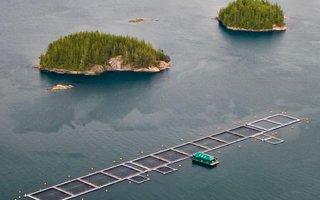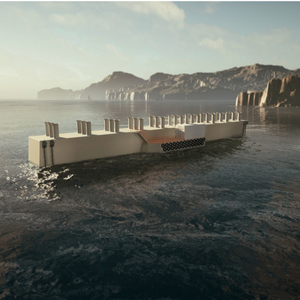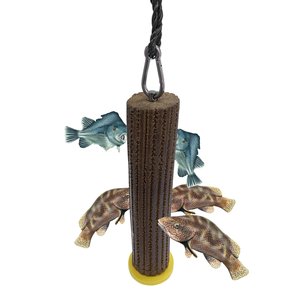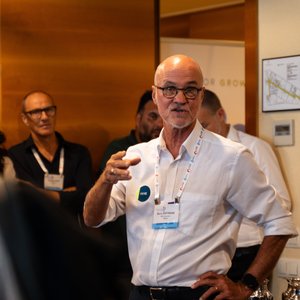The Canadian Department of Fisheries and Oceans released a discussion framework for the next step in the transition from open-net pen aquaculture in British Columbia coastal waters.The transition will require a strong plan that outlines how to proceed in a way that greatly minimizes or eliminates risk to wild salmon, while also taking into account social, cultural and economic factors, the government said.
Over the coming months, Fisheries and Oceans Canada will gather input through roundtables with indigenous leaders, local governments, key stakeholders, and conservation organizations; bilateral meetings with First Nations and provincial governments; consultations with First Nations; the aquaculture industry and key stakeholder leaders; and online public engagement. Information received during these sessions will help shape a transition plan built on four objectives:
- Create a pathway for existing aquaculture operations to adopt alternative production methods that minimize or eliminate interactions between farmed and wild salmon.
- Improve transparency on how the government assesses and responds to new scientific information to build confidence and trust in how aquaculture is managed.
- Provide greater opportunities for collaborative planning and decision-making with First Nations partners.
- Advance innovation and attract investment to support the adoption of alternative production technologies in British Columbia.
The input and feedback received during these engagement sessions will be instrumental in the development and implementation of the open-net pen transition plan, which is expected to be finalized in Spring 2023.
“The BC Salmon Farmers are pleased to read the language in the government of Canada’s proposed transition discussion framework that aligns with our current operational values. While elements of the proposed framework are challenging, given the ambitious timeline set out, we are encouraged that the federal government will rely on reconciliation and peer-reviewed science as a foundation for planning,” BC Salmon Farmers Association said. “At a time when our local economies continue to be stretched by COVID-19’s ongoing impacts and rising inflation, we are an essential economic driver and well-paid job creator in British Columbia’s coastal communities. We look forward to the opportunity to participate in developing our sector to meet Canada’s Blue Economy growth goals and the world’s demand for healthy, delicious farm-raised seafood.”













